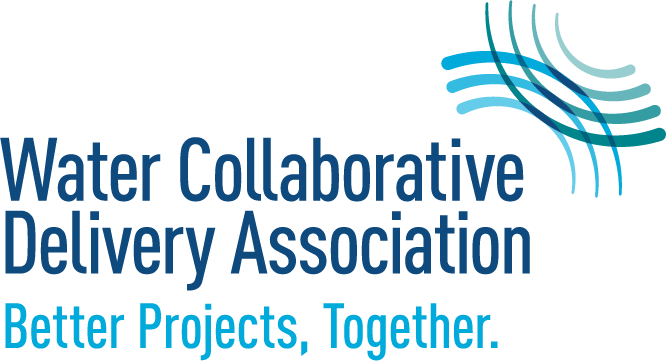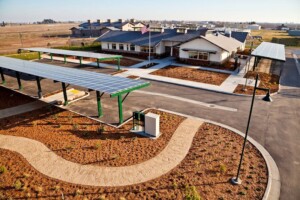Challenge
Located 90 miles east of San Francisco, the city of Stockton, California, is home to approximately 300,000 people. Until 1977, groundwater was the sole source of domestic water until a surface water supply was established for the Stockton Metropolitan area with nearby reservoirs supplying about 60% of the area’s water and underground wells supplying the remaining 40%. With a need to protect existing groundwater sources, increase water reliability, and provide for future planned growth, the City embarked on the Delta Water Supply Project to provide a new, supplemental high-quality surface water supply for Stockton residents and businesses.
Approach
CDM Smith partnered with the City to integrate surface and groundwater management efforts and ensure an adequate, reliable water supply that will support current and future planned water needs. The project was delivered using a phased—or progressive—design-build approach. The $176 million contract included 12 miles of raw water pipeline, six miles of treated water pipeline, and a new ozone and pressure-membrane filtration treatment facility. The 30-million-gallon-per-day (mgd) plant is initially expandable to 60 mgd, and its site layout accommodates an ultimate capacity of 160 mgd.
Phase 1 of the project included 65% design and a cost proposal for project completion. After Phase 1, the City chose to move forward with CDM Smith for Phase 2—design completion and construction. The project incorporated sustainable building practices, particularly in the water treatment plant’s administration and operations building. Photovoltaic solar panels on the parking area carport surfaces provide more than half the building’s power—a feature that helped earn the project LEED® Gold certification. Additional green features include reclaimed water and micro-irrigation systems for a 50% reduction in water consumption, ozone-safe heating and air conditioning systems, and recycled construction materials.
Results
A significant effort was made to hire local subcontractors and bring as much economic benefit to the community as possible. At the peak of construction, 140 onsite jobs were created. In addition, 45% of the project cost consisted of local materials, suppliers, and vendors—a number that jumps to 65% when items unavailable locally are not considered.
The project was completed in June 2012, at which point CDM Smith supported the City for a one-year commissioning period to ensure water quality and performance requirements.


